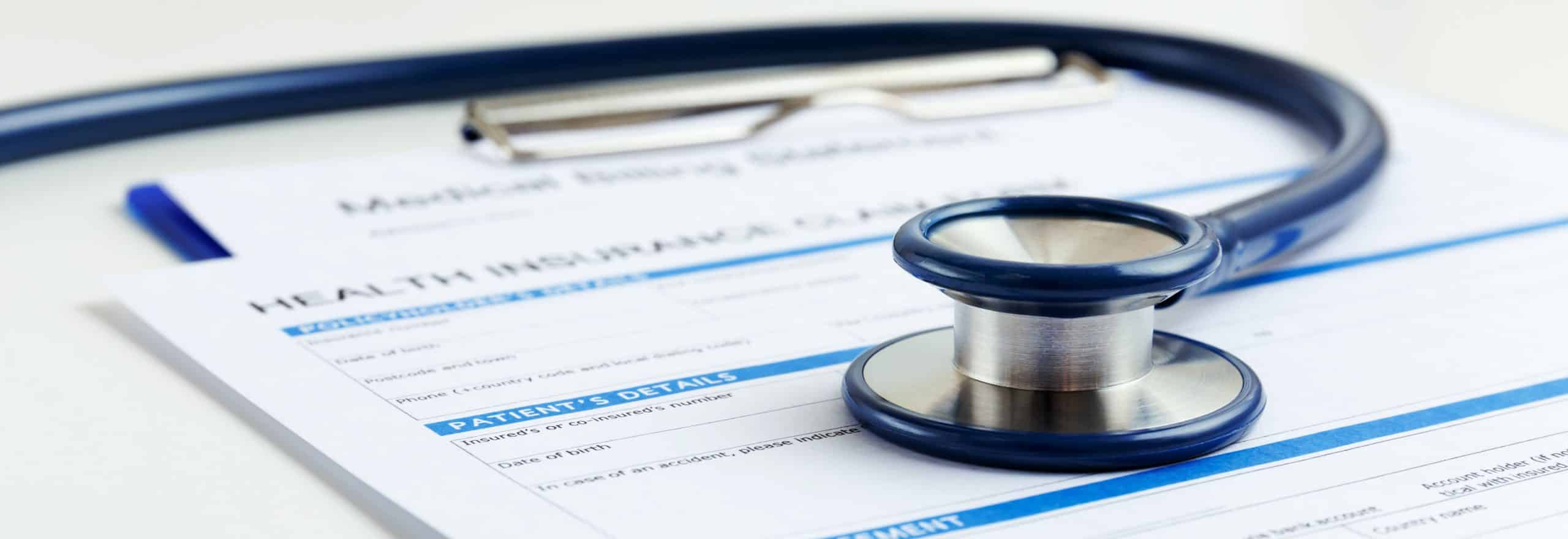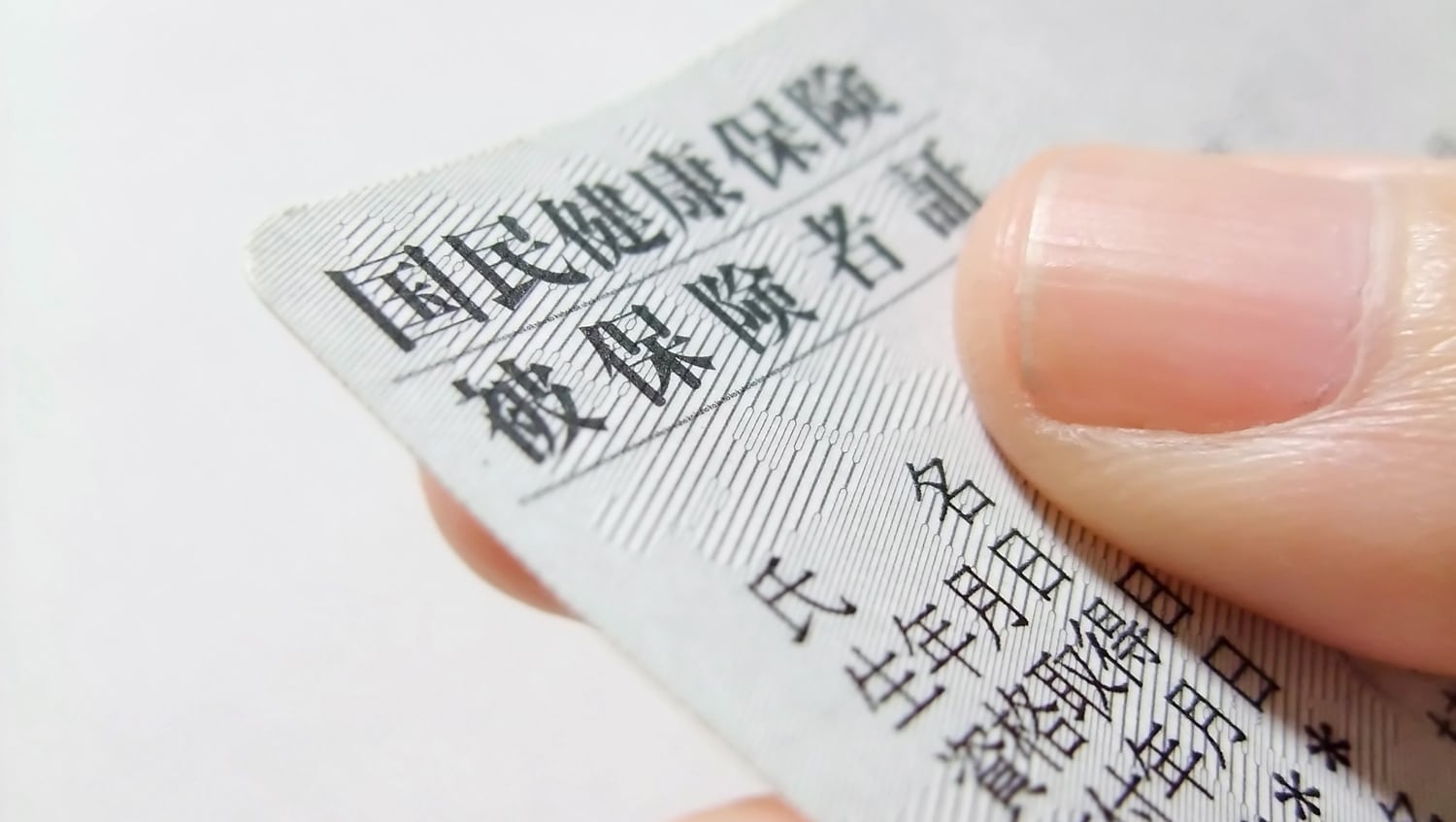Healthcare in Japan for International Students
One of the benefits of Studying in Japan is the access you gain to Japan’s excellent healthcare system. With the highest life expectancy rate in the world, it’s little wonder that healthcare in Japan is affordable and easily accessible for all citizens and residents, and that extends to international students.
Key Takeaways
- Japan has an excellent and affordable health care system
- National Health Insurance in Japan covers 70% of most medical bills
- International Students in Japan will pay around a few thousand yen a month for health insurance, depending on their municipality and previous year’s income in Japan
Healthcare system in Japan

Japan’s healthcare system provides universal coverage for all citizens and residents of Japan. It is funded through taxation and individual contributions. Everyone must enroll in either an employment-based or residency-based health insurance plan. Health insurance in Japan is not free, but it is affordable. Your monthly contributions are based on your previous year’s income.
People enrolled in a health insurance program pay 30% of their medical costs, with insurance covering 70%. This includes prescription medications, dentistry, hospital bills and specialist clinic fees. Low-income earners and the elderly only pay 10%. The government sets fee schedules to keep costs low for residents and maintain the financial health of the system.
Limits to monthly and annual out-of-pocket expenses are also in place. This protects people who need long hospital stays, ongoing treatment for chronic illnesses, or who have a disability.
There is one aspect of the Japanese healthcare system that may come as a surprise to international students. That is the lack of family doctors, or general practitioners (GPs). In Japan you don’t need a referral from a GP to access specialist medical services. So in Japan you don’t need to wait weeks or months to be seen by a specialist, you can visit them directly.
Most clinics have a walk-in system for first visits but also take appointments. It’s important to remember to bring cash to your appointment, as many clinics and pharmacies do not accept credit cards.
Health insurance for international students

All international students need to register for National Health Insurance (NHI) soon after arriving in Japan. This is done at your local city hall soon. At iCLA we will take care of the initial enrollment into the National Health Insurance for you during orientation.
The NHI covers 70% of the cost of medical bills and prescribed medications. This coverage extends to hospitals, dentists, and most specialist clinics. Students are liable for the remaining 30%. National Health Insurance premiums are based on your previous year’s income. Students can expect to pay around 2000 yen per month in their first year. If you then earn income from a part-time job, the cost of insurance in the following year may be higher.
As you can see, Japan has developed a national healthcare system that is very accessible and reasonably priced.
Many universities will also require you to take out travel or other insurance on top of the National Health Insurance. This will cover you in the case of accidents and emergencies. At iCLA we provide insurance for school related activities known as “Gakkensai”. This translates to “Personal Accident and Injury Insurance for Students during Education and Research”.
This insurance covers you in case of accidents:
- During classes and related activities,
- At school events,
- Around campus
- During club activities
This insurance also provides compensation in the unfortunate event of your death, physical impairment, or hospital treatment. In addition, all international degree-seeking students at Yamanashi Gakuin University are automatically covered by the “Comprehensive Insurance for Students’ Lives Coupled with Gakkensai” which provides, personal liability, death/permanent disability, and rescue expenses. Gakkensai is provided without extra cost to all iCLA students.
National Health Insurance in Japan

What is National Health Insurance?
The National Health Insurance (NHI) is the health insurance that students and those under 75 who are not receiving health insurance through their employer or public assistance are enrolled in.
Is it mandatory?
Unless you are over 75 years old or receiving health insurance through your employer or public assistance, every Japanese citizen and resident (except short-term residents) must enroll in National Health Insurance. Therefore, all iCLA students, including exchange students, must enroll in the NHI.
How do you apply?
Typically, you will apply for National Health Insurance when you register your resident status at your local city hall or ward office not long after arriving in Japan.
At iCLA, the student support staff will apply for you on your behalf as part of your resident registration process at city hall.
How much is health insurance in Japan?
The NHI premium is set in combination with the city or town and calculated based on your previous year’s income. Students at iCLA can expect to pay around 2000 yen per month in their first year. If you then earn income from a part-time job, the cost of the following year’s insurance may be higher. The invoices for your NHI premiums will be sent directly to you by post and are easily payable at any convenience store. It’s important not to get behind in your NHI payments as being in arrears may affect your ability to extend your student visa.
What does it cover?
Your national health insurance covers 70% of the cost of medical bills and prescribed medications. This coverage extends to hospitals, dentists, and most specialist clinics. You are liable for the remaining 30%.
Medical Services at iCLA
On campus nurse and medical assistance
Yamanashi Gakuin University has a nurse’s station on site. If you need assistance to make appointments at local clinics, we have Japanese language volunteers who can assist you. Many clinics have doctors that speak English. Staff are also on hand to help with any emergency situations.
There is also a Student Counseling Room where students can get support with issues they are facing so they can make the most of their time at iCLA. Students are welcome to consult our team of trained professional counselors who will support students safely and confidentially. Students can easily schedule an appointment online, by phone or by visiting the Student Counseling Room directly. Further information can be found on the bulletin boards located on campus or from the iCLA Admin Office.
Counseling sessions are offered in Japanese and English. The Student Counseling Room is located on the 3rd floor of the Campus Center.
Health and Medical Care Room
YGU provides the following services in its Student Center:
The YGU School Nurse is available for basic first aid and advice on where to seek treatment if you are unwell and unsure of where to go. The YGU School Nurse’s office is open Monday through Friday between 9 am and 5 pm at the Health and Medical Care Room located on the 2nd floor of the YGU Student Center.
The YGU Counselor’s office is open for mental health support Monday through Friday at the YGU Counseling Center located on the 3rd floor of the YGU Student Center. Counseling is available in both Japanese and English.
iCLA staff maintain a list of clinics near YGU you can access at the iCLA Admin Office. Many specialist doctors were trained overseas so there are more English-speaking doctors in Japan than you may expect. In case you are not able to find an English-speaking doctor, you can either bring a friend to help translate or access a free medical translation service we provide details for.
Frequently Asked Questions
Does Japan have free health insurance?
No, Japan does not offer free health insurance. All residents, including international students, are required to enroll in a health insurance system, which covers up to 70% of medical costs.
How much is health insurance in Japan?
The cost of health insurance in Japan varies depending on various factors, such as your employment status and income. For students, the National Health Insurance (NHI) fee can be relatively low, often around a few thousand yen per month, but it depends on the municipality and your previous year's income.
Can international students get health insurance in Japan?
Everyone living in Japan for more than three months is required to join the Japanese health insurance system. This includes students, who typically enroll in the National Health Insurance (NHI) soon after arriving in Japan.
How good is Japan’s healthcare?
Japan's healthcare system is highly regarded for its quality, accessibility, and comprehensive coverage. It offers advanced medical care, with a wide network of hospitals and clinics throughout the country. Patients have the freedom to choose their healthcare providers.
How often do Japanese go to the doctor?
Japanese residents tend to utilize healthcare services frequently, benefiting from the affordable and accessible heathcare system. The exact frequency varies by individual needs and conditions, but the comprehensive insurance coverage encourages regular doctor visits for preventative care and treatment.
Conclusion
The low cost and accessibility of healthcare in Japan are truly one of the best aspects of living and studying here. With health costs rising in many countries, it’s good to know that the National Health Insurance remains a stable and affordable system that supports the health of all residents of Japan, including international students.
Register for more information about iCLA
Related Articles
Cost of Living in Japan for Students
Culture Shock in Japan: A Guide for International Students Studying in Japan
A Local’s Guide to Yamanashi: The 17 Best Things to Do, See and Eat
Part-Time Jobs in Japan for Students

